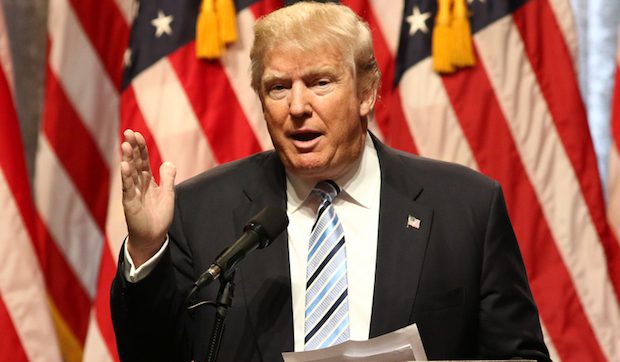The ‘Titanic Shift’ in U.S. Foreign Policy That Wasn’t

Newt Gingrich makes a lot of questionable claims in this op-ed, but this one is simply risible:
The United States and Saudi Arabia signed a $110 billion arms deal, the largest in U.S. history, which will bolster the kingdom’s ability to contribute to counterterrorism operations across the region [bold mine-DL]. This will reduce the burden on the U.S. military and send a clear message that this administration takes the threat of Iran seriously.
U.S. weapons sales to the Saudis mostly consist of planes, tanks, ships, helicopters, and munitions, and the Saudis have lately used these weapons to destroy and terrorize a neighboring country with indiscriminate bombing. Their government is not only uninterested in contributing much to “counterterrorism operations across the region” (see how quickly they abandoned the war on ISIS in favor of destroying Yemen), but doesn’t have the ability to contribute much of value because they waste so much of their money on buying big-ticket items that are supposedly for the purposes of “defense.” Selling the Saudis more weapons doesn’t mean that there is a less of a burden on the U.S. It just binds our governments together more closely and leaves the U.S. to combat the jihadists that they ignore and/or fight alongside. The U.S. has long allowed itself to be played for a sucker by its regional clients, but Trump has proven to be the biggest mark of all.
Gingrich thinks Trump’s Riyadh speech represented a “titanic shift” in U.S. foreign policy and no one noticed, but the reason no one else picked up on this is that there wasn’t much of a shift at all. Trump’s bowing before the Saudis just compounded the error the U.S has been making in aligning itself so closely with Riyadh. He may have wanted to “unite the civilized world, including the nations of the Middle East and Africa, against the forces of terrorism,” but the message he sent was that he would indulge our clients as much as possible in their obsession with opposing Iran. At best, that is a diversion from combating jihadism, and at worst it actively undermines that effort by opposing a government that also considers ISIS and other jihadists to be their enemies. That’s not a titanic shift. It is a grievous blunder.